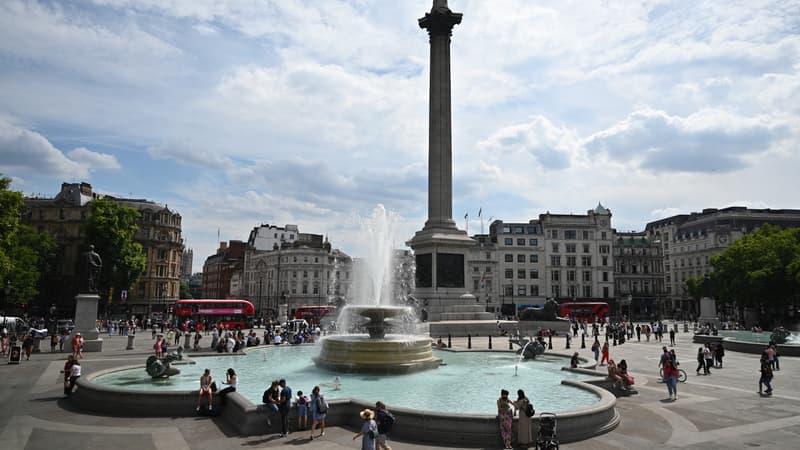Le Royaume-Uni registered a null croissance in the fourth quarter after a contraction of 0.3% au troisième, which will allow the recession technique to avoid in 2022, even if it pays fair face to a deep crisis of coût de life.
In the month of December alone, the gross domestic product (GDP) also fell sharply by 0.5% after growth of 0.1% in November, according to initial estimates by the National Statistics Office (ONS).
In the whole of 2022, GDP increased by 4.1% compared to 7.4% the previous year, adds the ONS in its monthly report published on Friday. The British economy had fallen in 2020, at the height of the pandemic, below other G7 economies. The UK remains the only country in this group that has not returned to its pre-Covid-19 pandemic level of gross domestic product (GDP).
UK economy ‘more resilient than many feared’
Chancellor of the Exchequer Jeremy Hunt said the UK’s “avoidance of a recession” last year shows its “economy is more resilient than many feared”.
According to the IMF, the United Kingdom will be the only major economy to suffer a recession in 2023, with a contraction of 0.6% of GDP, a worse performance than in the euro zone or the United States, but also than in Russia, still the subject of numerous international sanctions.
A recession averted “by a hair”
UK inflation slowed to 10.5% in December from a peak of over 11% in October, but remains driven by high energy and food prices, labor unrest and supply chain difficulties. supply that have been exacerbated by Brexit.
Bank of England (BoE) economists expect a 0.5% drop in GDP in 2023 and estimate that a five-quarter recession began in January. The UK has “avoided a recession by a hair’s breadth. However, we expect inflation and high interest rates to spawn one this year,” says Paul Dales, economist at Pantheon Macro.
The ONS highlights that a large part of the drop in activity in December was due to the numerous strike movements that shook the country in many sectors such as health, transportation, postal services, education, to demand not only wage increases but also better working conditions.
These claims are favored by an unemployment rate that continues to be extremely low in the United Kingdom, at 3.7% at the end of November. On Thursday, the Governor of the Bank of England (BoE) admitted that inflation has started to ease in the UK, but that the monetary institute needs more indications that this decline will continue before it stops raising interest rates. So far she has chained ten.
Source: BFM TV


